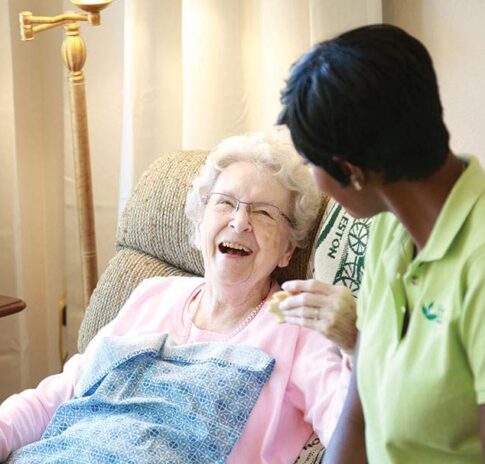China recently passed the “Elderly Rights Law” legally obligating children to visit their parents who are 60 years and older “frequently” and provide for their “financial and spiritual needs.” Failure to comply with this law can result in fines, lawsuits or jail time. Although there is no time limit on how often a child must visit his aging parents, the law was in response to the growing number of elderly neglected by their children.
“I hope this type of legislation will never be necessary in the United States now or the future,” says Jeff Bevis, CEO of FirstLight Home Care, a leading provider of in-home care. “The need for compassionate, considerate, quality care on a non-medical basis is growing dramatically all across the US. We provide a much-needed service, especially for seniors, no matter whether their immediate or extended families are nearby or across the country. There are a host of demographic, societal, cultural and economic reasons our services are seeing growing demand. For us taking care of the elderly who want to stay in their own homes is not an obligation, it’s a passion.”
What The Statistics Show
According to the Administration on Aging, there were 39.6M Americans ages 65 and over in 2009. By 2030, there will be approximately 72.1 million older persons, more than twice their number in 2000. In fact, it is predicted that the U.S. elderly population will grow by nearly 80 percent in the next 25 years — a “graying” trend that’s only more pronounced in other developed countries. In fact, the United States has more people aged 80 and over and is second only to China in that category.
The Associated Press reports that in China, there are currently 185 million people over the age of 60. By 2053, that number will skyrocket to 485 million, or 35 percent of the population.
Without a doubt, both countries face challenges in how to care for the growing population of elderly. It used to be a part of Chinese culture for parents to live with their kids. However, both the one-child policy and “three decades of economic reforms have accelerated the decline of the traditional extended family.” And unfortunately, more than 1/5 of the elderly live below the poverty line.
“The traditional family support system is eroding for many reasons and I think the government would like to slow this process down,” said Albert Park, the director of the Emerging Markets Institute at the Hong Kong University of Science and Technology.
The law also states that children should pay a monthly allowance to their parents if they refuse to take care of them and conversely, parents can sue their children for negligence. In fact, shortly after the law went into effect, a woman in Wuxi was ordered by a local court to see her 77-year-old mother twice a month and provide financial support.
In fact, less than two weeks after the law was passed, more than 100 new online elderly care providers sprang up on Taobao.com, one of China’s biggest shopping sites.
Putting A Price on Family Love and Loyalty
Adults sons and daughters in the United States have many of their own dilemmas. How do you juggle working full-time, your own family and still have time to emotionally and physically support your parents? How do you take care of your parents if they live far away? How do you provide financial support to your parents when you can’t fulfill your own obligations?
“Without a doubt there are many pressures on families today to provide for their aging parents,” says Bevis. “That is why our services and the entire ‘new industry’ of non-medical care providers are a good solution for providing personal and companion care to the elderly whose loved ones simply can’t be there for a myriad of reasons.”
“However, I think putting a price tag on time or legislation for financial support could do more to erode the family, than help it,” concluded Bevis.
